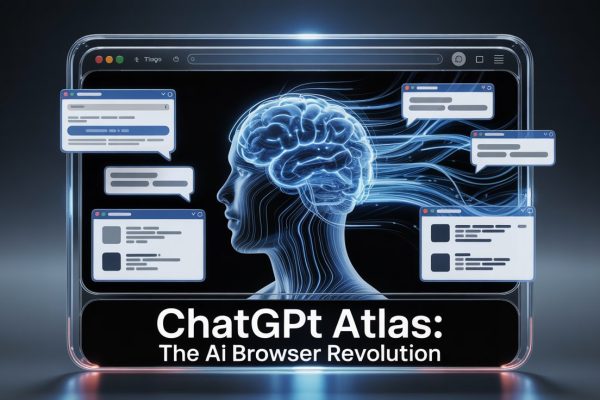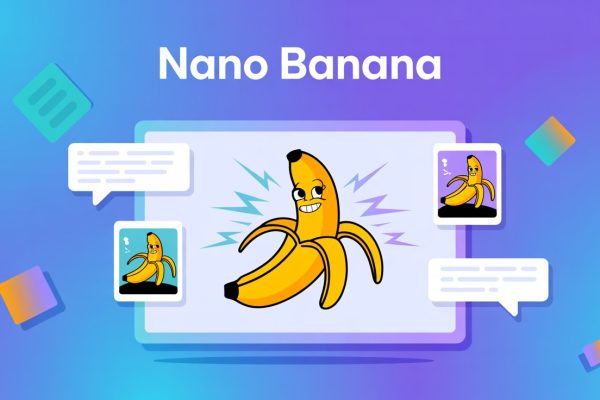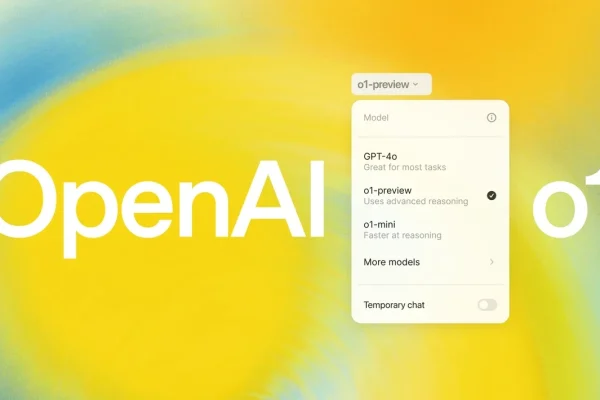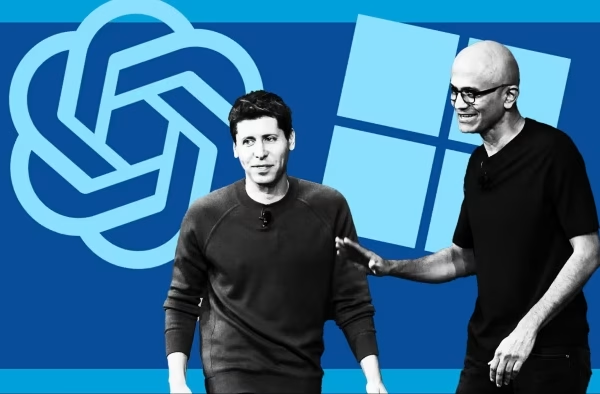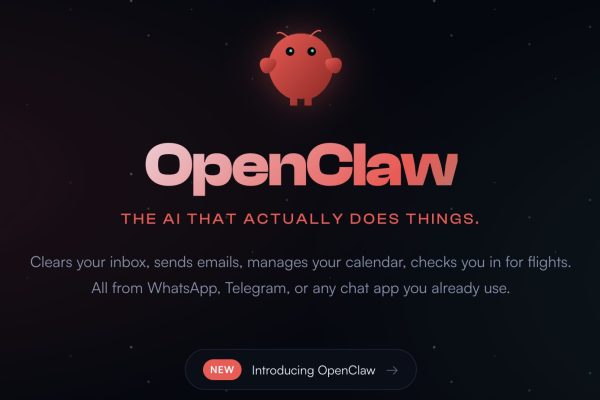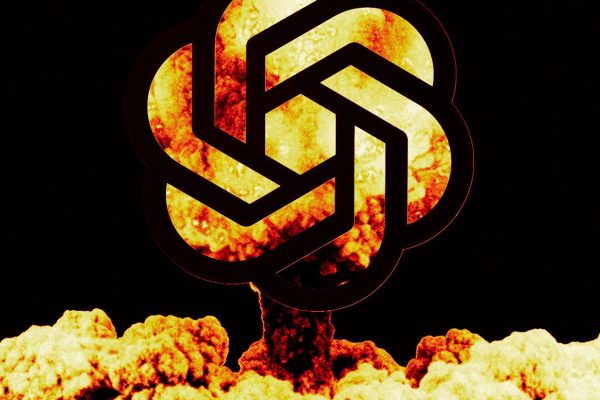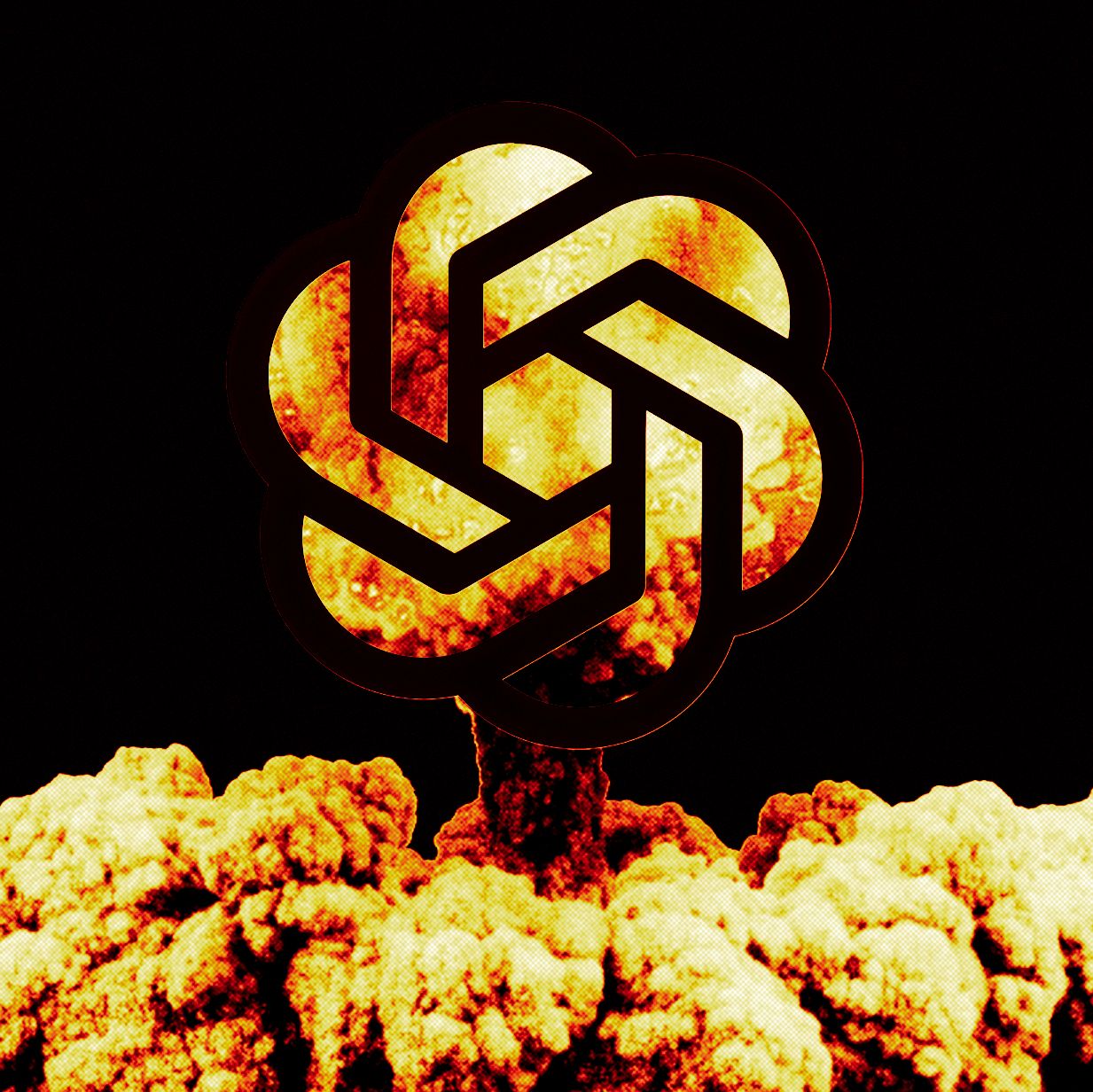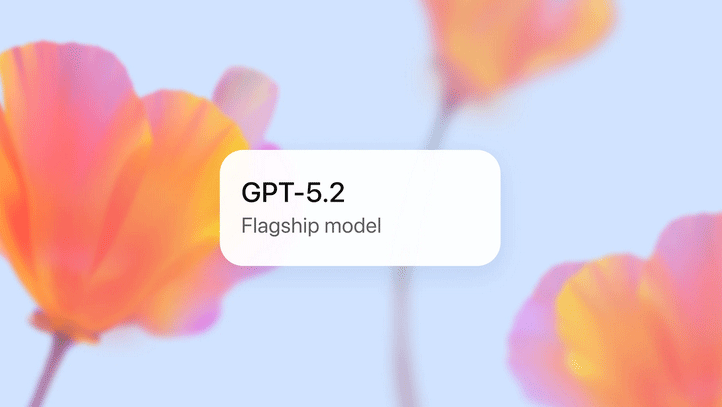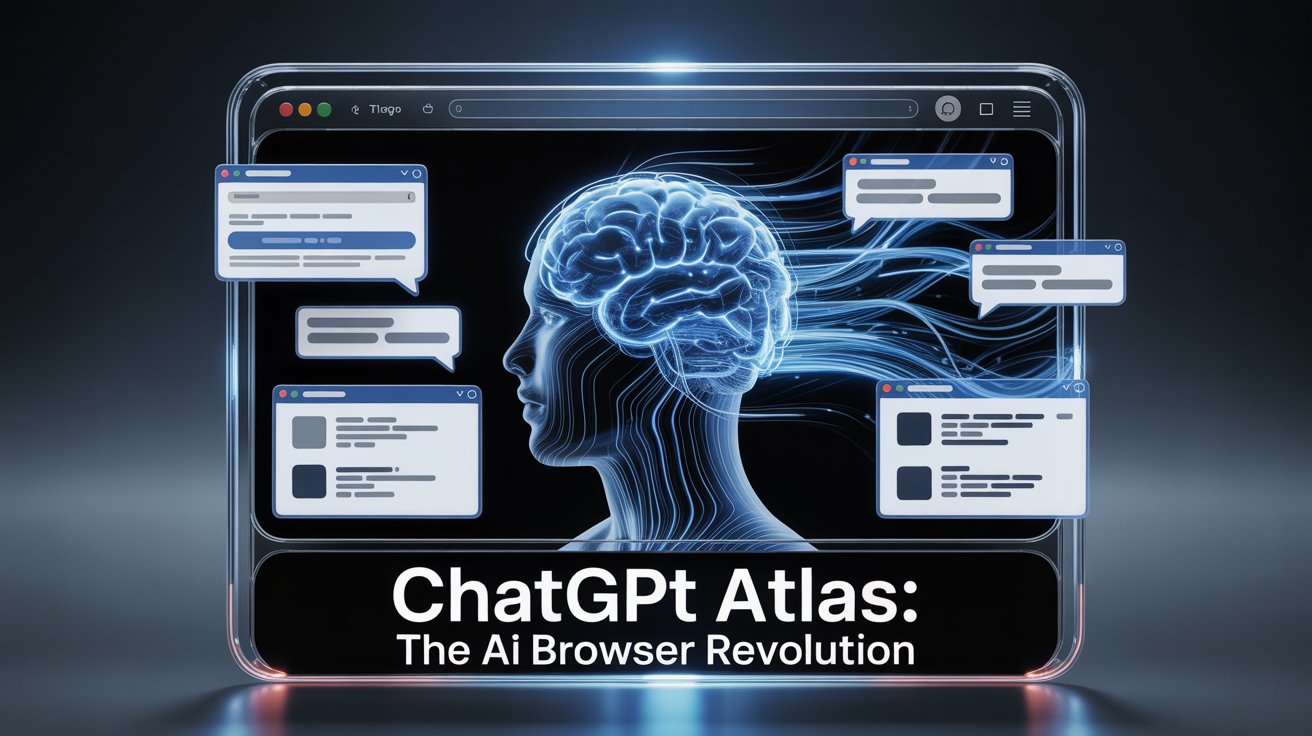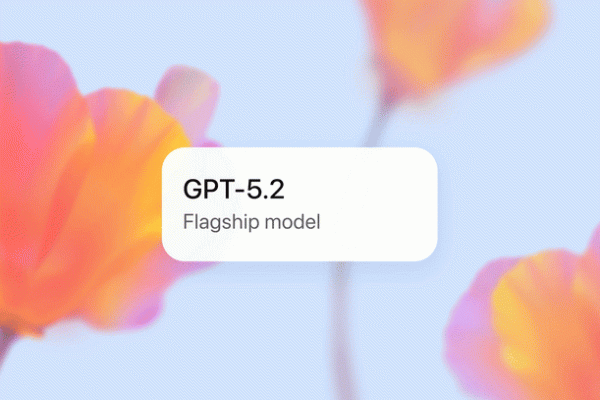
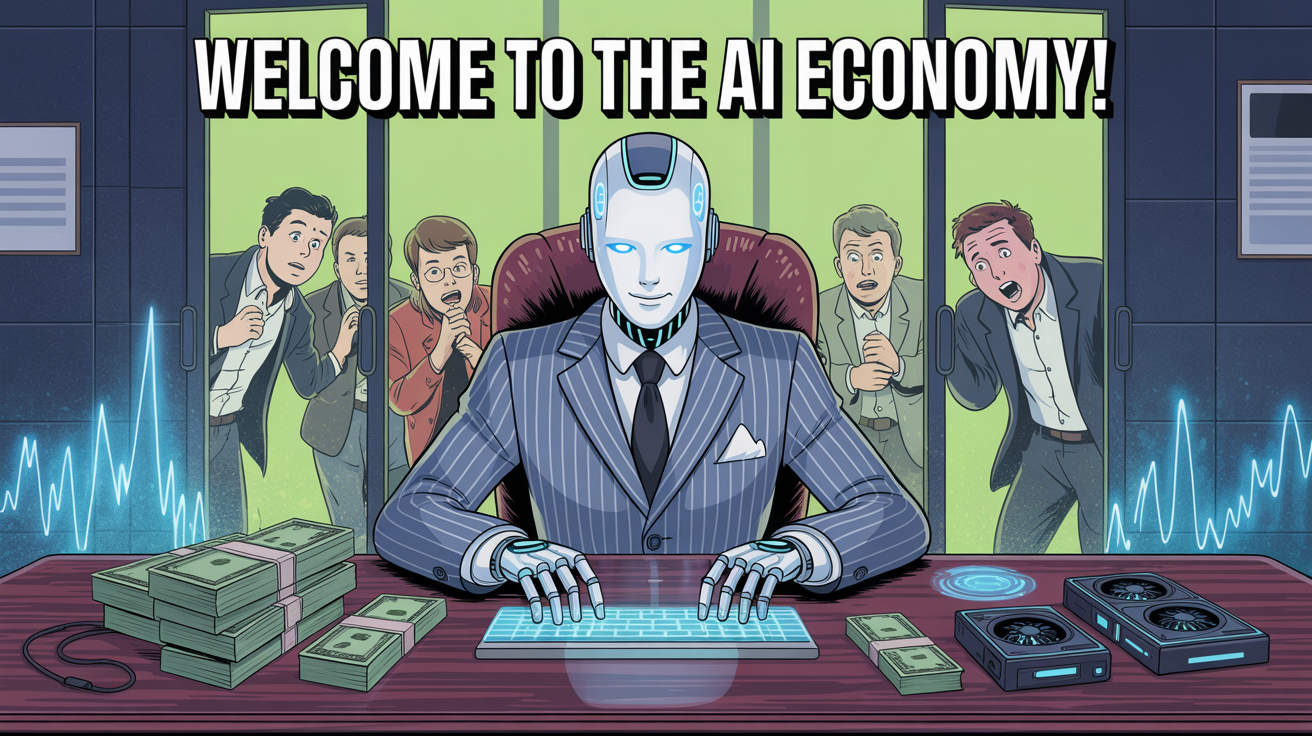
Welcome to the future—where AI isn’t just a buzzword, it’s a full-blown economic revolution. Gone are the days of worrying whether robots will someday take your job. Spoiler alert: They already have. But hey, don’t panic (yet). Let’s break down the wild world of the AI economy—with a few laughs along the way.
What Is the AI Economy?
Think of the AI economy as the cousin of the digital economy—but on caffeine. It’s powered by machines that don’t sleep, complain, or take coffee breaks (unless they’re pretending to be humans on Twitter). From GPT chatbots writing poetry to image models designing logos, AI is now producing digital goods at scale.
In this brave new world, productivity doesn’t depend on humans with 9-to-5 jobs—it’s measured by how fast your AI model can generate content, ideas, or cold, hard code.
AI Is the New Workforce
Human labor? Adorable. AI labor? Efficient, tireless, and scalable.
Instead of hiring a team of 10 for content creation, design, or customer support, companies are now deploying AI tools. These tools can do in 5 minutes what your entire marketing department did in a week—without asking for a raise or celebrating birthdays in the break room.
The AI economy has created a new paradigm where businesses invest in tokens and compute instead of people and payroll. And no, “tokens” aren’t snacks. They’re the fuel AI needs to do its thing—kind of like Red Bull for robots.
The Rise of Tokenomics (No, Not a Sci-Fi Currency)
In this new AI-powered economic landscape, tokens and compute are the hottest assets. Companies are no longer judged by how many employees they have—but by how many GPU hours they’re racking up.
It’s like the gold rush, except instead of picks and shovels, you need Nvidia chips and cloud credits. Those who own or control access to large-scale compute infrastructure (aka GPU farms) are becoming the oil barons of the AI economy.
And if that sounds scary—it is. But also kind of cool.
Are Humans Doomed? Not Quite.
Here’s the plot twist: humans still matter. A lot. AI may be able to generate content, but it still needs direction. That’s where the role of the human-in-the-loop comes in. Whether it’s prompting, editing, or supervising, the best results happen when humans and AI collaborate.
So, no, you’re not obsolete. You’re just… upgraded.
Economic Models Are Evolving—Fast
In traditional economies, labor and capital were your bread and butter. In the AI economy, data and compute are the new kings. Companies with access to high-quality datasets and massive GPU power can outcompete even the most well-funded traditional startups.
This shift is triggering changes in:
- Business models (hello, AI-as-a-Service)
- Job markets (goodbye, some jobs—but hello, new ones)
- Economic indicators (we might need a new version of GDP—Gross Digital Productivity, anyone?)
The Risks? Yeah, They’re Real
Of course, not everything in the AI economy is sunshine and neural networks.
🚨 Data inequality: The best models are trained on massive private datasets. That means big tech could dominate the AI space even harder than they dominated social media.
⚠️ Compute monopolies: Whoever controls the chips controls the future. That’s both an opportunity and a warning.
💣 Job displacement: Let’s not pretend all of this is painless. Many traditional jobs will disappear or transform. But history shows us that every industrial revolution brings disruption—and then new kinds of employment emerge.
What Should You Do in a new AI Economy?
If you’re a business owner, creative, student, or even a confused cat sitting on a keyboard—you need to understand the AI economy. It’s not just coming. It’s here.
- Learn how to prompt AI effectively.
- Explore tools that can multiply your productivity.
- Think of AI as your weirdly powerful coworker who doesn’t need sleep.
Final Thoughts: Embrace the Chaos
The AI economy isn’t a distant dream. It’s a current reality changing how we work, live, and even create. Sure, it’s a little terrifying—but it’s also full of opportunities.
So, whether you’re building the next GPT-powered unicorn or just trying to understand why your job application got ghosted by an algorithm, one thing is clear: the robots haven’t just arrived—they’ve unionized.


